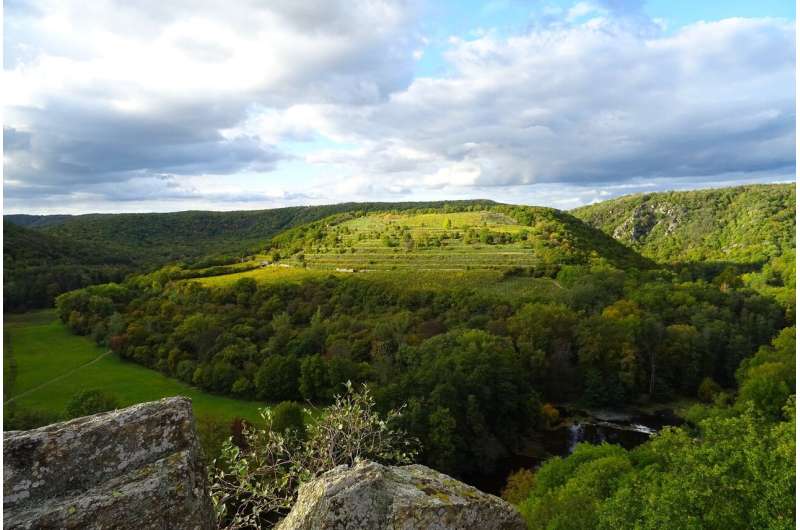Scientists from Macquarie University in Sydney, Australia have authored a new paper that shows that terrestrial protected areas (PAs) around the world are hit by two major threats: climate change and land-use change. While areas may be able to withstand one of them, the two of them combined are overwhelming.

Climate change has already been found to be impacting biodiversity and ecosystems in a number of ways. These include changes in species distribution, declining coral reef production, and affecting 1 in 5 threatened or near-threatened species. Some estimates suggest that up to 8% of species are predicted to become extinct from climate change.
Land-use change, on the other hand, is also one of the leading threats to biodiversity currently. Agriculture and logging in particular destroy habitat for wildlife in many of the most biodiverse regions of the world.
On their own, both issues are major concerns for conservation but can be managed. Together, their combined impacts may spell disaster for the species of Earth if action is not taken. This new study shows that the two threats may work synergistically to undermine the effectiveness of PAs and threaten progress on species conservation goals.

The researchers compared the rate of climate change and land-use change to characteristics of PAs such as species diversity and location. They used this data to project what kind of changes PAs will experience in the coming decades and how this might affect their functioning.
Two key findings from this study are that:
- 27% of PAs around the world are in areas that will experience high rates of climate change and land use change by 2050 – areas that the paper terms “high-risk zones”
- Land use change and climate change will collectively challenge efforts of biodiversity conservation
The authors of the paper reaffirm the need for conservation targets to consider all the factors that make a PA effective. These include “improved governance, targeted interventions and clear management plans”. Additionally, they state the need for PAs to utilize principles of climate change adaptation to maintain their effectiveness into the future.
The authors also recommend “ambitious climate change mitigation that exploits synergies with land-use systems”. But what could something like this entail?
A study from 2019 found that a number of different practices can have large benefits to both climate change mitigation and/or adaptation as well as combatting land degradation – without requiring any land-use changes. Some of these practices include:
- Improved cropland management;
- Improved forest management;
- Increased soil organic carbon content;
- Increased food productivity;
- Dietary change;
- Reducing food loss and waste.
Importantly, however, in terms of climate change mitigation, the number one focus in the coming decades must be on keeping fossil fuels in the ground.
The study was published in the journal Nature Climate Change.






